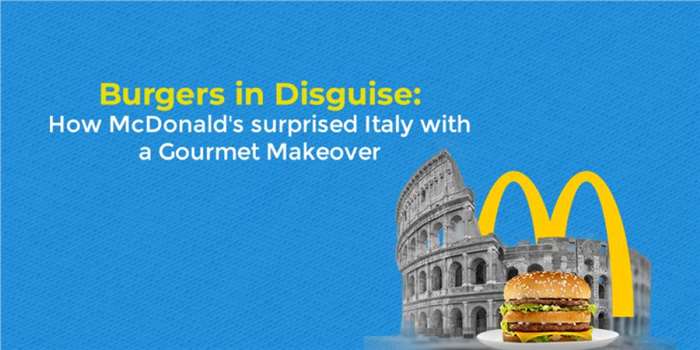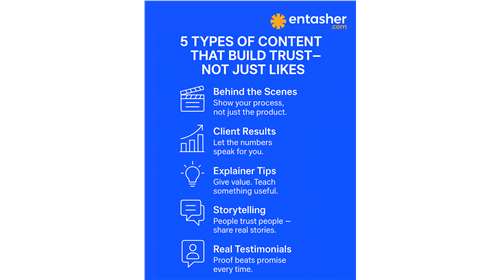
Burgers In Disguise: How McDonald’s Surprised Italy With A Gourmet Makeover ✽
By: Digitopia Agency Team

Breaking Stereotypes, One Bite at a Time
In a bold move to challenge cultural biases and long-held stereotypes, McDonald's opened a new restaurant in Milan, Italy—but with a twist. Completely stripped of its iconic branding, the new venue was presented as an upscale burger joint named "The Single Burger."
Instead of fast food aesthetics, the experience was sleek, modern, and refined—yet the menu quietly featured classic McDonald's dishes served with a gourmet flair.
The Experiment: Rebranding Without Rebranding
For three days, unsuspecting guests dined at “The Single Burger,” enjoying elevated versions of items they’d likely seen on McDonald’s menus before—just plated differently and delivered in an elegant setting.
No arches. No Ronald. No fries in red boxes.
The result? Diners were delighted—until the reveal came. When the McDonald’s logo was finally unveiled, many were shocked, with reactions ranging from disbelief to admiration. The reveal sparked viral media coverage and debates across Italy.
Why It Worked
Supporters of the campaign applauded McDonald’s for its creative courage and willingness to disrupt its own image. The experiment challenged people to assess fast food based on taste and experience, not just reputation.
This campaign also highlighted a growing trend in marketing:
Perception can be redesigned.
What This Means for Marketers
McDonald’s Milan stunt serves as a case study in brand reinvention—without changing the core product. The campaign tackled cultural resistance by simply shifting the lens through which the brand was viewed.
And this is exactly the kind of innovative thinking today’s brands are seeking from their creative partners.
💡 Looking to launch bold campaigns in your region? Platforms like Entasher.com connect brands with verified marketing agencies across Egypt, Saudi Arabia, and the Gulf. Whether it’s experiential campaigns, rebranding strategies, or localized storytelling—Entasher helps you find agencies that understand how to challenge norms and create impact.
Final Thoughts
McDonald’s didn’t change the food—it changed the context. The success of "The Single Burger" proves that great marketing isn’t always about invention—it’s about presentation, timing, and cultural understanding.
And sometimes, the most powerful campaigns don’t look like campaigns at all.


